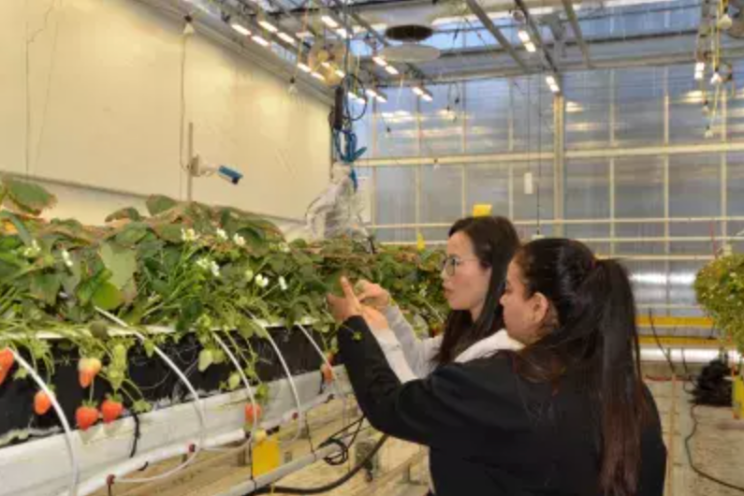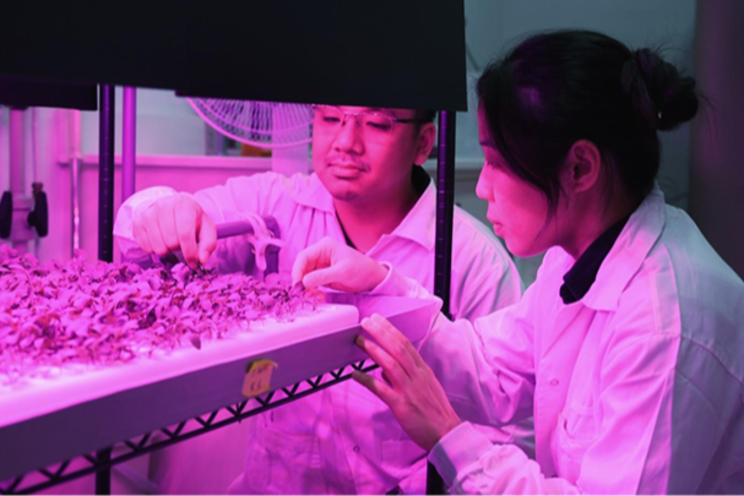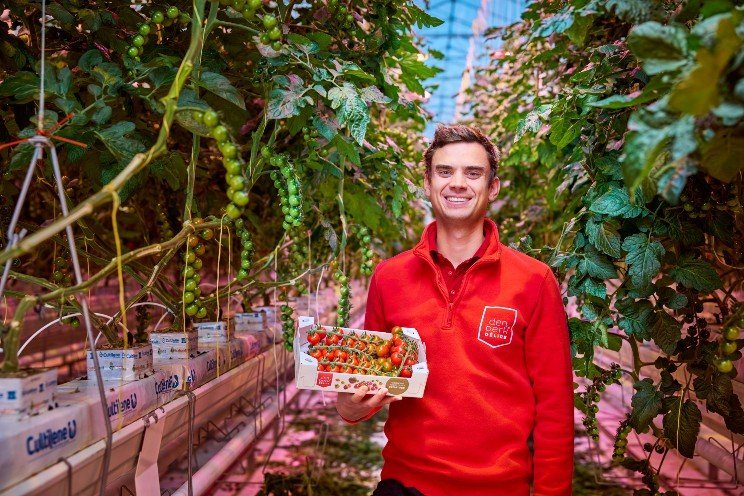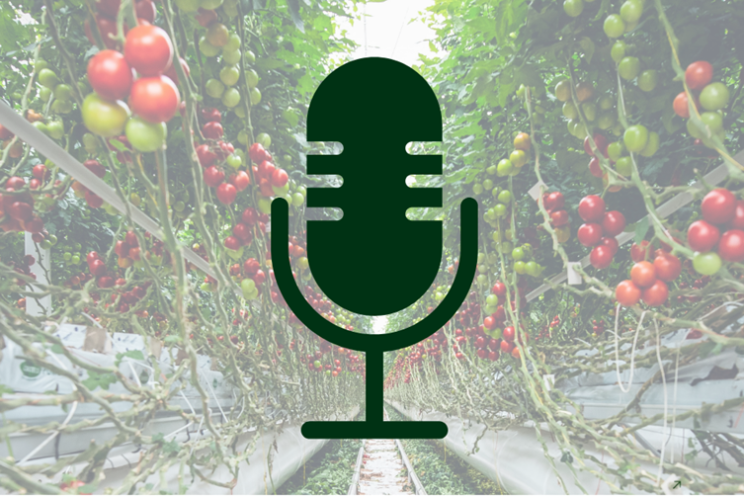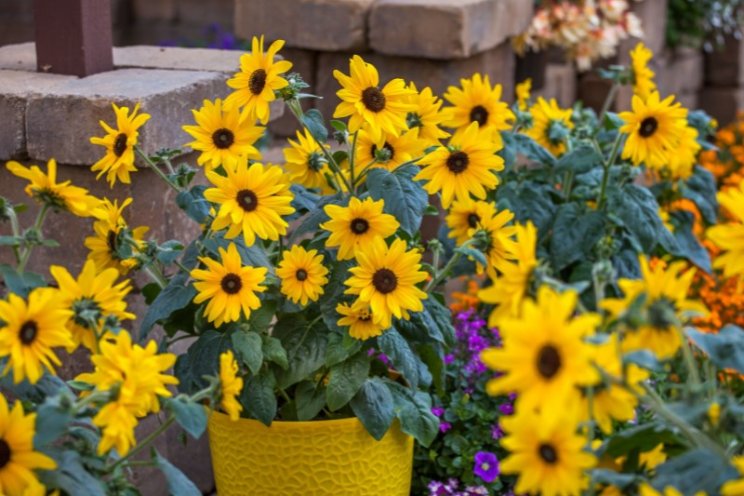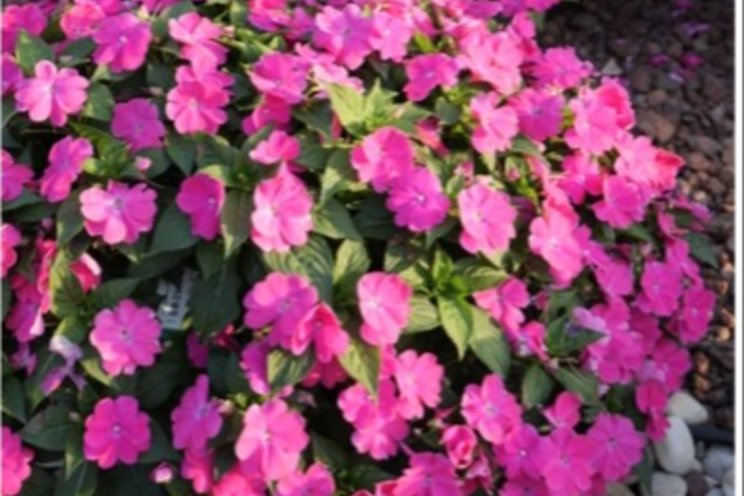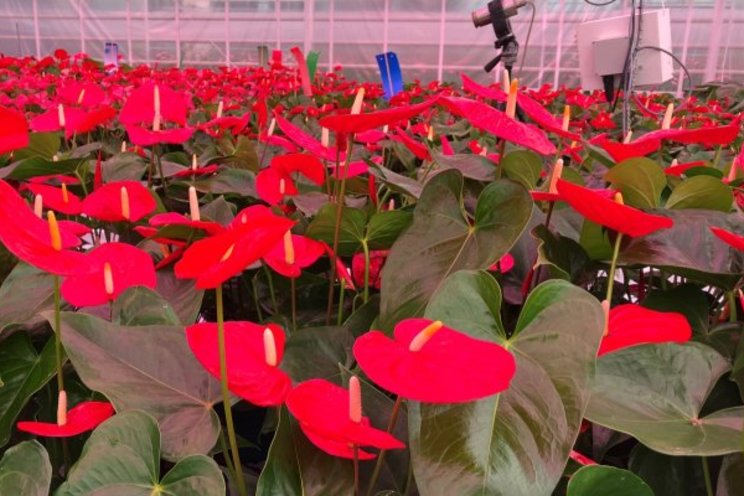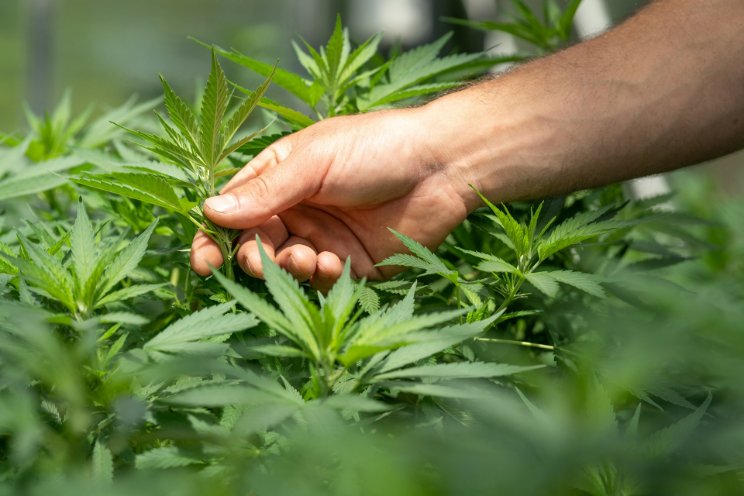Strong roots and stable transpiration keep pepper plants resilient
Added on 19 December 2024
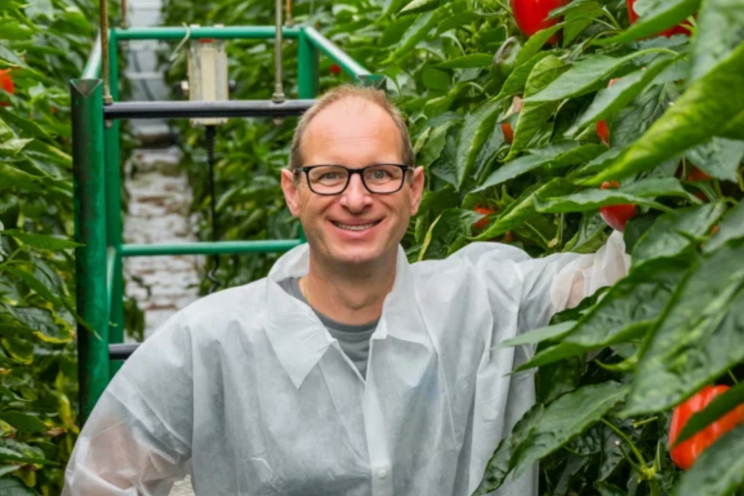
Whether it is due to new, more aggressive fungi, a structurally high plant load, or suboptimal climate conditions, the fact is that many pepper growers have had significant damage to their crops in recent years, caused by root problems that had not affected them in the past. Research conducted on the phenomenon has so far not yielded any concrete new insights.
Roots make the plant
“You can come up with various explanations for the sudden increase in root problems. They may all have an impact and cause plants to be exposed to stress, which increases the likelihood of fungal infections. You can also turn the story around and make sure the plant is more resilient to stressful situations. Plants with strong roots from the outset and that are not overstressed, have no reason to get sick and drop out prematurely.”
With these words, Ary de Jong of HortiTech outlines the starting points of a trial supported by Priva. In this trial, the aim is to achieve a resilient pepper cultivation on rock wool, based on steady growth and balanced control using Plantonomy.
More news

